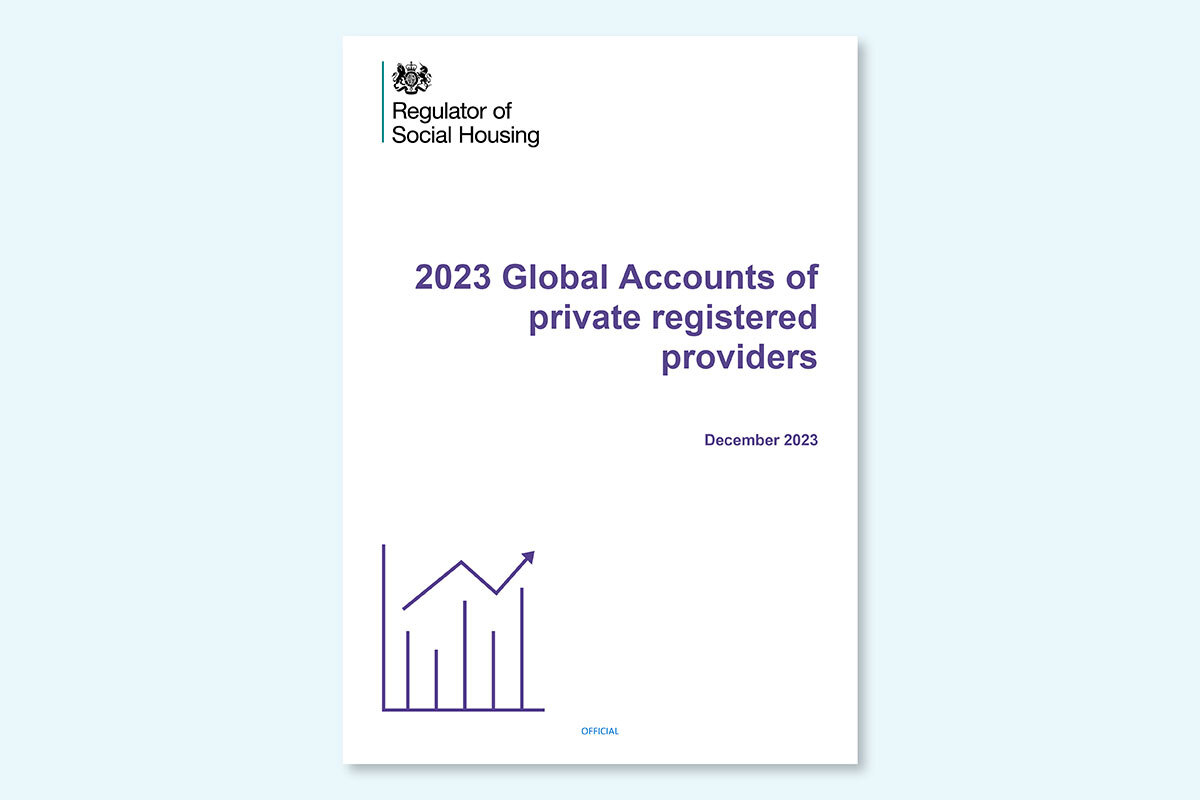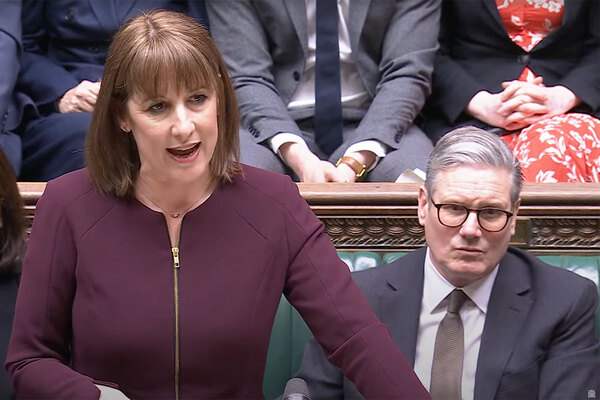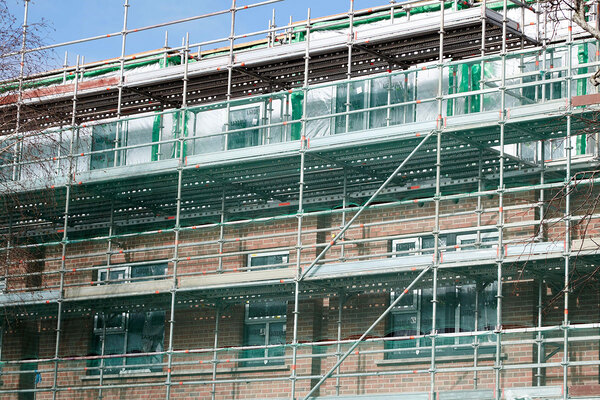RSH global accounts: spending on existing homes up to record £7.7bn
Housing associations have invested a record £7.7bn on repairs and maintenance in the last financial year – a 20% increase on 2022.
This increase was reported as part of the the Regulator of Social Housing’s (RSH) latest report that provides a financial overview of private registered providers for the year up to 31 March 2023.
The global accounts for 2023, published today, showed providers continued to invest significantly in existing homes to tackle issues such as damp and mould, building safety and improving energy efficiency.
This is in comparison to 2022, when landlords spent £6.5bn on existing stock.
The annual global accounts report is based on an aggregation of the financial statements of 202 large landlords that own or manage at least 1,000 social homes. Together, they represent more than 95% of the sector’s stock.
As well as increased investment in existing stock, providers spent an additional 11% on new homes to total £13.7bn. At the same time, the number of new social homes built in the year increased to 53,000, a figure that is 7% higher than 2022.
Not for the first time this year, the English regulator pointed out how landlords have faced significant economic challenges, including higher inflation and borrowing costs.
Just last month, the RSH told Inside Housing that landlords face a V2 rating being the “new normal” across the sector, as the majority of providers are now graded V2 for financial viability.
This is because of the economic headwinds facing the sector which are testing its financial resilience.
The operating surplus generated by the sector fell by 9% to £4bn, with an aggregate operating margin of 16.6% – the lowest reported since 2009.
The ‘underlying surplus’ (excluding movements in fair value) fell for the fourth year in a row from £2.4bn to £2.2bn.
As a result of higher investment spend and challenging conditions in the wider economy, providers’ interest cover continued to fall.
Aggregate interest cover (excluding all sales) stood at 103%, the lowest since 2010. This figure hit a peak of 170% in 2018.
The regulator is assured that the sector remains robust, but individual providers have less financial headroom and their capacity to absorb downside risk is reduced.
Will Perry, director of strategy at the RSH, said: “Social housing providers are grappling with a range of major external economic pressures. At the same time, they are spending record amounts on improving their tenants’ homes and fixing problems like damp and mould.
“Boards must remain clear-sighted about financial risks and deploy appropriate mitigations, while building more and better social homes for people who need them.”
Overall the sector continues to have strong liquidity and continues to attract private investment. Including refinancing, the sector agreed new facilities of £9.9bn in the year, increasing total available undrawn facilities to £30.3bn.
However, weaker performance and high levels of investment are impacting on the level of cash and short-term investments held by the sector which decreased from £7.9bn to £6.3bn in March 2023.
Regardless, the RSH believes this shows providers remain committed to future investment, with record spend on existing homes forecast again for the next year.
However, Inside Housing reported earlier this week that landlords which are waiting for gilt rates to fall could find themselves in competition with each other due to reduced investor appetite.
Sign up for our development and finance newsletter
Already have an account? Click here to manage your newsletters












